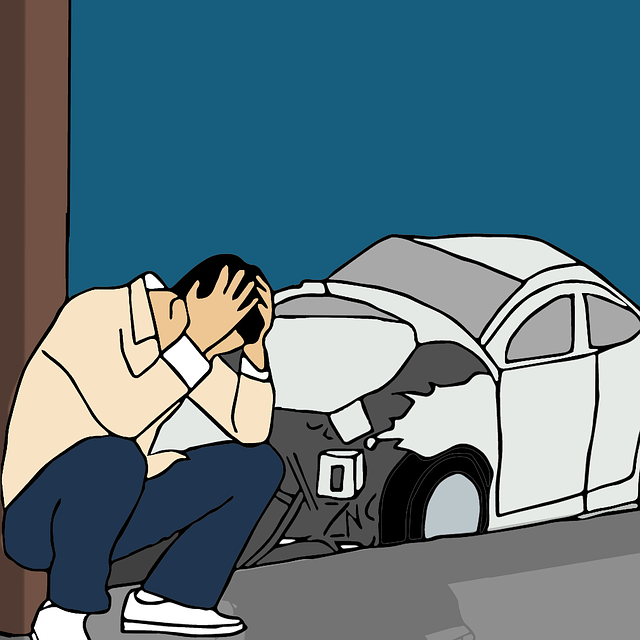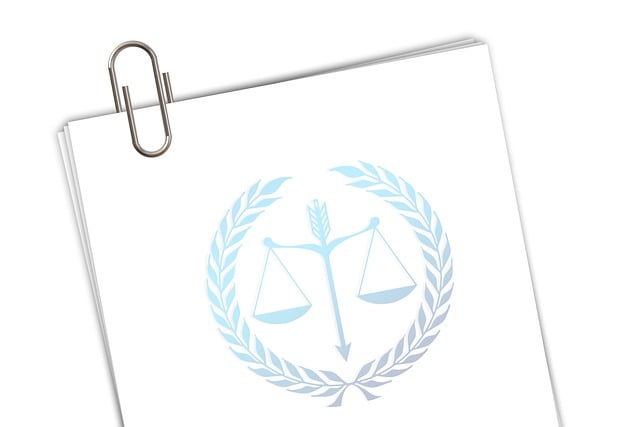State laws define and limit wrongful death settlements through damage caps and procedural rules, varying across U.S. jurisdictions. Understanding these state-specific nuances is crucial for families seeking fair compensation and legal professionals guiding them in navigating complex rights and outcomes related to wrongful death claims.
State laws play a pivotal role in defining the boundaries of wrongful death claims, significantly influencing the potential financial compensation. This article delves into the intricate relationship between state legislation and wrongful death settlement limits. We explore how varying legal frameworks across jurisdictions shape the process of seeking justice for bereaved families. Understanding these laws is crucial for navigating the complex landscape, ensuring fair compensation in the face of irreversible loss.
- State Laws: Shaping Wrongful Death Claims
- Understanding Settlement Limits: Key Factors
- Navigating Legal Landscape for Fair Compensation
State Laws: Shaping Wrongful Death Claims

State laws play a pivotal role in shaping wrongful death claims and significantly influence the financial compensation available to victims’ families through wrongful death settlements. Each state has its own set of regulations governing these cases, which can vary widely across jurisdictions. For instance, some states have strict caps on the maximum amount that can be awarded as damages, while others offer more flexibility. These laws dictate the process from filing a claim to reaching a settlement or trial.
When it comes to wrongful death actions, state laws determine who can bring a lawsuit, the time limits for doing so, and the types of damages that are recoverable. For instance, in personal injury cases like Boca Raton auto accidents, a medical malpractice settlement may be significantly impacted by state regulations. Understanding these legal nuances is crucial for both victims’ families seeking justice and personal injury attorneys advising them on their rights and potential outcomes.
Understanding Settlement Limits: Key Factors

When it comes to wrongful death settlements, state laws play a pivotal role in setting limits and guidelines for compensation. These legal frameworks vary across different states, shaping the potential financial outcomes for victims’ families. Understanding these settlement limits requires a close examination of several key factors. One primary consideration is the state’s definition of wrongful death, which dictates who can file a claim and under what circumstances.
Additionally, the types of damages awarded in truck accidents claims, nursing home neglect cases, or auto accident lawyer scenarios are influenced by state laws. This includes compensatory damages for medical expenses, loss of earnings, and pain and suffering, as well as punitive damages in certain jurisdictions. The caps on these damages can significantly impact the overall settlement amount, making it crucial to be aware of these limits when pursuing a wrongful death claim.
Navigating Legal Landscape for Fair Compensation

Navigating the legal landscape when pursuing a wrongful death settlement can be complex, especially considering the varying state laws that govern such cases. Each U.S. state has its own set of regulations and guidelines regarding wrongful death claims, which significantly impact the potential compensation for grieving families. These laws dictate the procedures, timeframes, and limits within which an injury claim can be filed and pursued.
For instance, some states have strict deadlines for filing wrongful death suits, while others allow more extended periods. Additionally, state laws often establish caps on the damages that can be awarded in such cases, influencing the overall settlement amounts. A Miami auto accident attorney or a specialist in caregiver negligence would advise that understanding these nuances is crucial to ensuring fair compensation for the loss and suffering endured by families affected by wrongful death.
State laws play a pivotal role in determining the financial limits of wrongful death settlements, ensuring fair compensation for affected families. By understanding these legal frameworks, individuals navigating such claims can make informed decisions and access the support they deserve. This knowledge empowers folks to delve into the complexities of the legal landscape, ultimately aiming for just and reasonable settlements.






